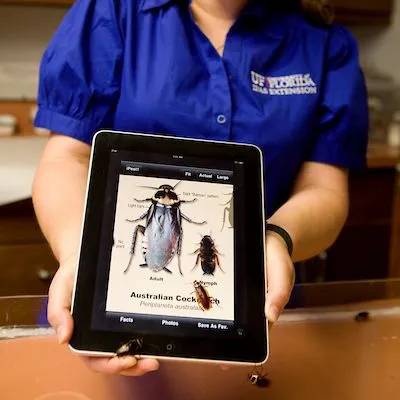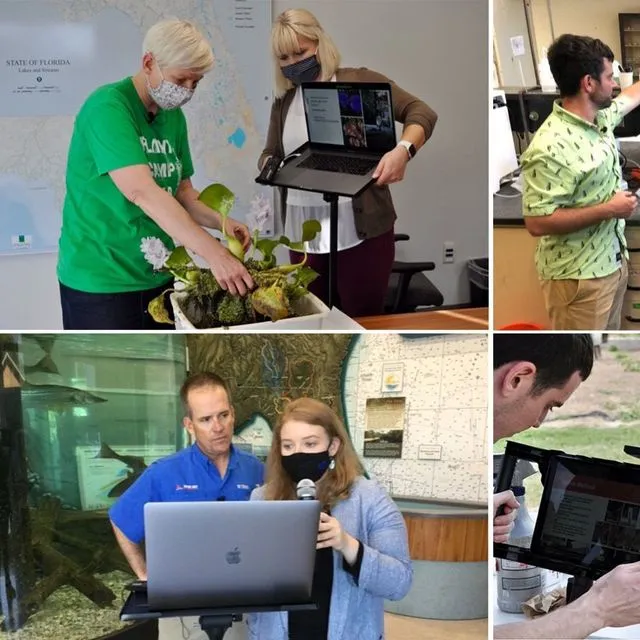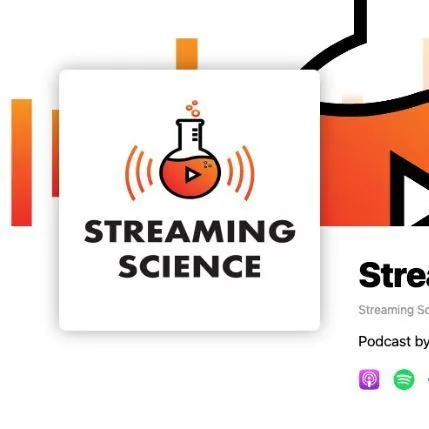Streaming Science series
Summary
This is a numbered series of articles focused on how to use mobile hardware and software for engagement with diverse target audiences in educational learning environments.
Streaming Science project website
Editorial Team
- Jamie Loizzo - Author
Related Links
Publications
This is a numbered series of articles focused on how to use mobile hardware and software for engagement with diverse target audiences in educational learning environments.
Streaming Science project website
Editorial Team
- Jamie Loizzo - Author
Related Links
Publications
Showing of 8 Experts




